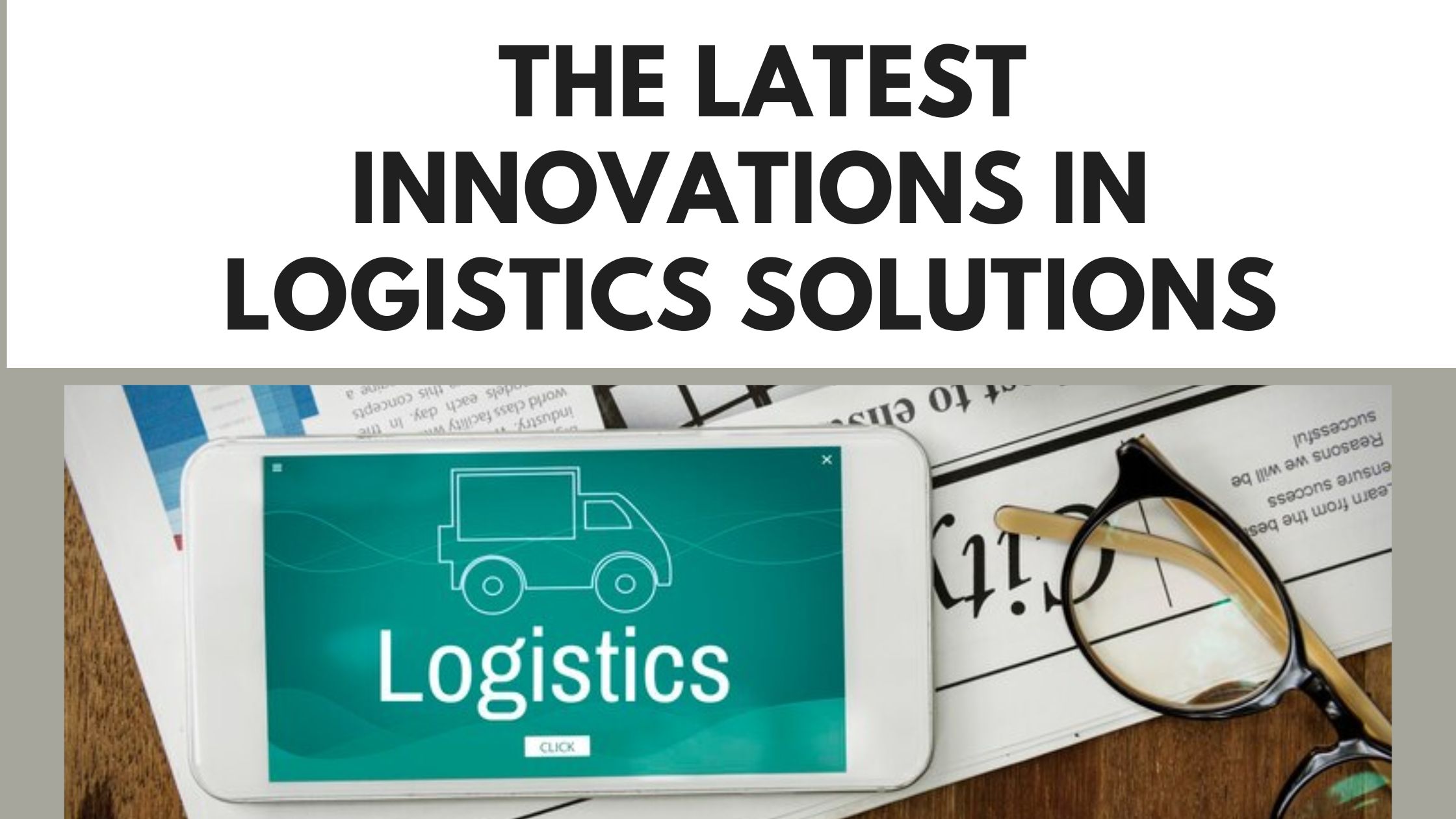The logistics industry is changing due to new technologies and creative solutions at a time when accuracy and speed are critical. The logistics company is in charge of transporting items from point A to point B with the highest level of efficiency and cost-effectiveness possible. We will examine the newest developments that have the potential to transform Logistics Services and open the door to very high performance levels in this blog article.
Unleashing Efficiency: The Most Recent Advances in Logistics Solutions
Autonomous Vehicles: The Future of Freight Transportation
The logistics sector has seen a significant shift in the use of autonomous vehicles. These vehicles are redefining the way that commodities are carried, from drones to self-driving trucks. Autonomous cars are able to travel intricate routes, adjust to traffic circumstances, and make judgments in real time, all while maintaining efficiency and safety thanks to developments in artificial intelligence (AI) and sensor technology. To maximize logistical operations, businesses such as Tesla, Waymo, and Amazon make significant investments in autonomous technologies.
Internet of Things (IoT) in Supply Chain Management
The Internet of Things (IoT) enhances supply chain visibility and control. By embedding sensors and connectivity in various assets, such as containers, pallets, and vehicles, logistics providers can monitor their shipments’ real-time location, condition, and status. This level of transparency enables better decision-making, reduces the risk of losses, and enhances overall operational efficiency. The data generated by IoT devices also facilitates predictive analytics, allowing companies to anticipate potential disruptions and proactively address them.
Blockchain: Securing and Streamlining Supply Chains
Blockchain technology is making waves in the logistics industry by providing a secure and transparent way to record and verify transactions. In logistics, this translates to a more robust and tamper-proof supply chain. Blockchain enables end-to-end visibility, reduces the risk of fraud, and ensures the authenticity of product information. Smart contracts, powered by blockchain, automate processes like payments and documentation, streamlining operations and minimizing the need for intermediaries. Companies and Logistics Services in Bakersfield CA increasingly adopt blockchain to create trust and efficiency in their supply chain processes.
Predictive Analytics and Machine Learning
The logistics sector has seen a significant shift in the use of autonomous vehicles. These vehicles are redefining the way that commodities are carried, from drones to self-driving trucks. Autonomous cars are able to travel intricate routes, adjust to traffic circumstances, and make judgments in real time, all while maintaining efficiency and safety thanks to developments in artificial intelligence (AI) and sensor technology. To maximize logistical operations, businesses such as Tesla, Waymo, and Amazon make significant investments in autonomous technologies.
Augmented Reality (AR) in Warehousing and Order Fulfillment
Augmented Reality (AR) is finding applications in warehousing and order fulfillment processes, improving efficiency. AR glasses or devices with cameras overlay digital information onto the physical world. In warehouses, workers can receive real-time information about the location of items, the quantity to be picked, and the most efficient route. This not only speeds up the picking process but also reduces errors. Companies like DHL and UPS have already implemented AR solutions to improve their warehouse operations.
Robotics and Automation in Distribution Centers
Integrating robotics and automation in distribution centers transforms how goods are sorted, picked, and packed. Automated guided vehicles (AGVs) navigate warehouses, transporting goods from one location to another. Robotic arms handle repetitive tasks such as picking and packing, significantly increasing the speed and accuracy of order fulfillment. This level of automation reduces labor costs and enhances the overall efficiency of distribution centers, allowing them to process a higher volume of orders in less time.
Last-Mile Delivery Innovations
The remaining mile of delivery is regularly the most hard and costly logistics procedure. Innovations in ultimate-mile delivery are centered on making this stage more efficient and sustainable. Electric and autonomous delivery vehicles are becoming increasingly common, reducing the environmental effect of transportation. Moreover, organizations are experimenting with opportunity delivery techniques, including drone deliveries and sidewalk robots, to navigate congested urban areas and deliver programs at once to customers’ doorsteps.
Collaborative Platforms and Ecosystems
Collaborative platforms and ecosystems are emerging as a critical trend in logistics, facilitating seamless communication and coordination among various stakeholders. These platforms bring together shippers, carriers, suppliers, and other partners to create a unified and interconnected supply chain. By sharing data and insights in real-time, participants can respond quickly to changes, optimize routes, and mitigate disruptions. This collaborative approach enhances efficiency and fosters better relationships among supply chain partners.
Green Logistics: Sustainability as a Priority
As environmental concerns become more distinguished, the logistics industry is emphasizing sustainability greater. Green logistics tasks recognition on reducing carbon emissions, minimizing waste, and adopting practices. Electric powered and hybrid automobiles, renewable power resources for warehouses, and packaging substances are examples of how the industry works in the direction of an extra sustainable future. Premier Trucking Bakersfield CA prioritize green logistics, make a contribution to environmental conservation, enhance their reputation, and enchantment to environmentally aware consumers.
Conclusion
The logistics enterprise is profoundly transforming, pushed by a convergence of technologies and progressive solutions. From independent vehicles and IoT to blockchain and predictive analytics, every innovation contributes to the overarching aim of maximizing performance in the movement of goods. As those technologies preserve to conform and combine, logistics vendors can look forward to a future where operations are not simply streamlined, but also are extra resilient, responsive, and sustainable. The performance unleashed by using those improvements is shaping the logistics landscape and influencing how businesses operate in an interconnected and rapid-paced worldwide economy.




